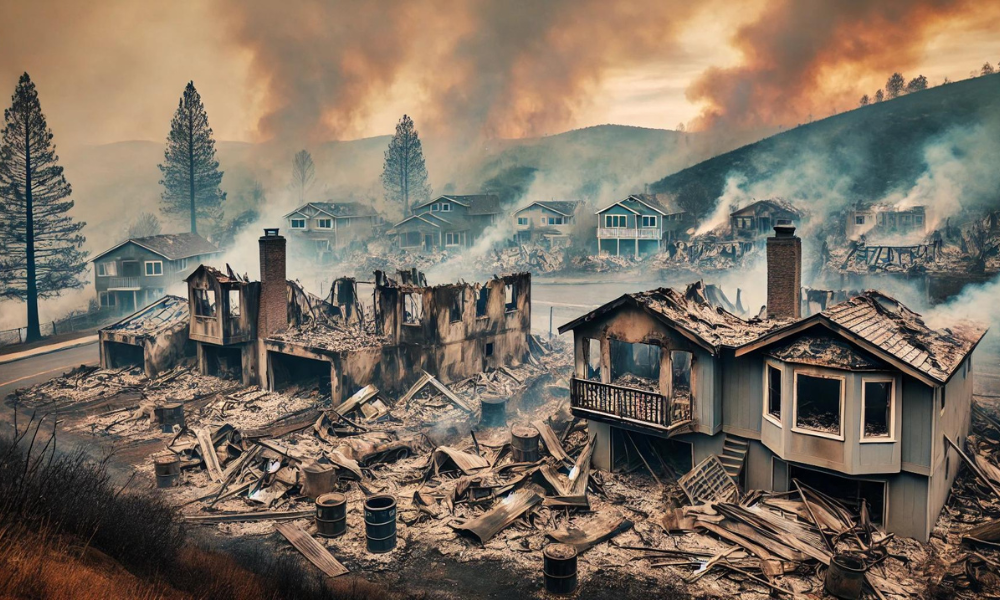Rising reinsurance costs propelling homeowners insurance to new heights

Rising reinsurance costs propelling homeowners insurance to new heights | Insurance Business Asia
Reinsurance
Rising reinsurance costs propelling homeowners insurance to new heights
New study goes in-depth into crisis of access and affordability
Reinsurance
By
Kenneth Araullo
A recent study, which analyzed data from tens of millions of mortgage escrow payments, offers new insights into the challenges of access and affordability in the homeowners markets, as climate change-driven disasters are putting significant pressure on the industry across the West and the broader United States.
The study, which examined a 10-year dataset, revealed that insurance premiums rose by an average of 33% between 2020 and 2023, outpacing inflation. The increases vary significantly by region and are now more closely aligned with the risk of disasters such as hurricanes and wildfires.
“Wildfire risk is front and center when we’re thinking about the drivers of increased insurance premiums out West,” lead author Ben Khys said. Khys is also a real estate professor at the University of Pennsylvania’s Wharton School.
He referenced research by the First Street Foundation, which projects that wildfire risk, closely linked to climate change, will increase substantially over the next 30 years. A 2023 report by the foundation estimated that the average number of homes and other structures destroyed by wildfires annually will nearly double to 34,000 by 2053.
One factor contributing to the rise in premiums is the increasing cost of reinsurance, which insurers purchase to protect against large claims. These costs are passed on to homeowners through higher insurance premiums.
“If the conditions for the reinsurance shock continue, we estimate that the top 5% of climate risk-exposed homeowners would see increased premiums by 2053 of $700 per policyholder under a conservative climate change estimate,” the study said.
Keys emphasized that climate change is the primary driver of the growing challenges in insurance markets. He noted that insurance is the critical intermediary between climate changes and household finances, meaning that most homeowners will first feel the impact of climate change through their insurance premiums.
Keys also described insurance markets as “very opaque,” suggesting that the industry prefers to keep it that way. He called for better consumer access to insurance data to enable more informed shopping and risk assessment.
Additionally, he highlighted the potential of home- and community-hardening efforts to help manage premium costs.
“The insurance companies know far more about the disaster risk of your house than you do,” Keys said.
What are your thoughts on this story? Please feel free to share your comments below.
Keep up with the latest news and events
Join our mailing list, it’s free!






